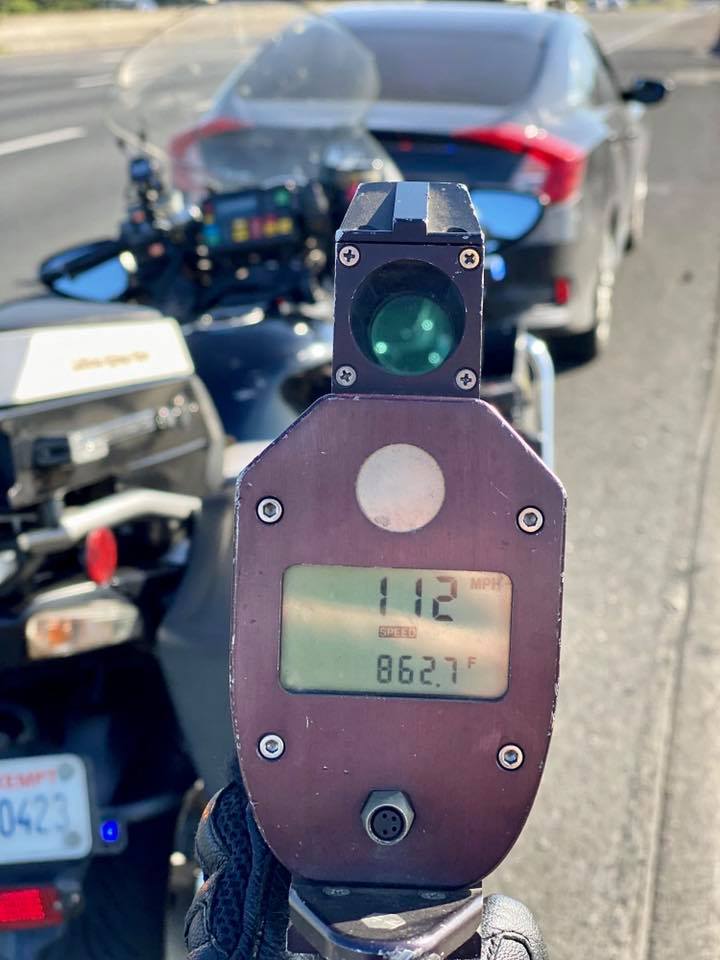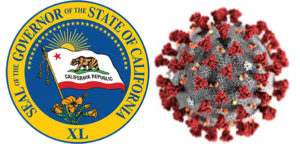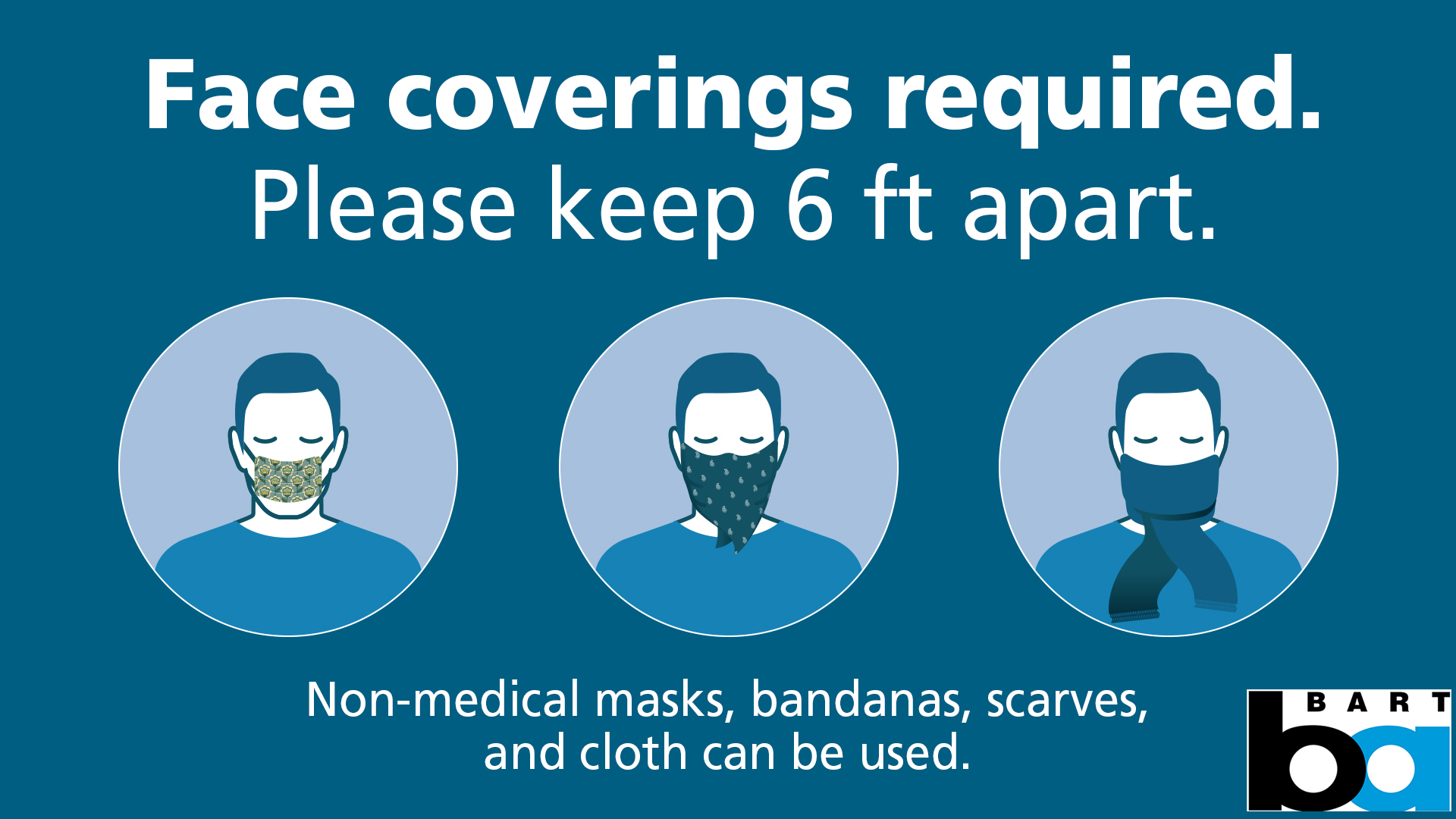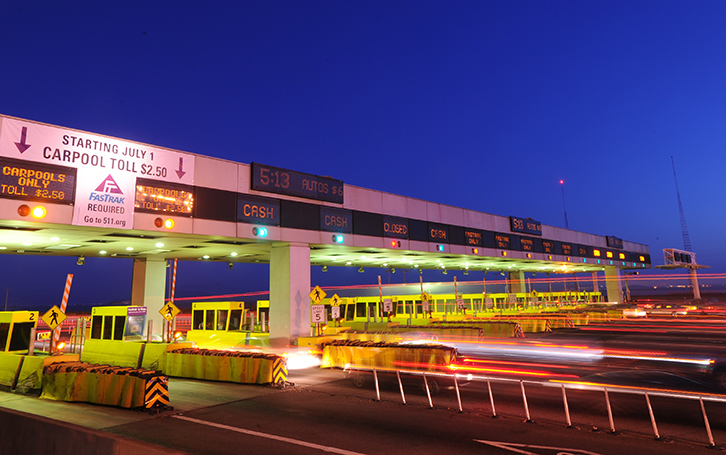Contra Costa, other Bay Area counties to extend Shelter-In-Place orders through end of May
Monday, April 27th, 2020Will include limited easing of some restrictions for small number of lower-risk activities
MARTINEZ – April 27, 2020) – Later this week, the Public Health Officers of the Counties of Contra Costa, Alameda, Marin, San Francisco, San Mateo, and Santa Clara as well as the City of Berkeley will issue revised shelter-in-place orders that largely keep the current restrictions in place and extend them through May. The new order will include limited easing of specific restrictions for a small number of lower-risk activities.
The shelter-in-place orders in effect across the seven jurisdictions are set to expire on May 3, 2020. Thanks to the collective effort and sacrifice of the 7 million residents across our jurisdictions, we have made substantial progress in slowing the spread of the novel coronavirus, ensuring our local hospitals are not overwhelmed with COVID-19 cases, and saving lives. At this stage of the pandemic, however, it is critical that our collective efforts continue so that we do not lose the progress we have achieved together. Hospitalizations have leveled, but more work is needed to safely re-open our communities. Prematurely lifting restrictions could easily lead to a large surge in cases.
The Health Officers will also release a set of broad indicators that will be used to track progress in preparedness and response to COVID-19, in alignment with the framework being used by the State of California. Future easing of restrictions requires that each jurisdiction and various sectors continue to rapidly build critical infrastructure and systems to respond to and control the spread of coronavirus infections and to ensure the health care system’s ability to meet demand.
This global pandemic of COVID-19 is still in its early stages. The virus spreads easily, testing capacity is limited and expanding slowly, and vaccine development is just beginning. We expect to be responding to COVID-19 in our communities for a long time. As effective as our efforts have been, if we move too fast to ease restrictions, the potential of exponential spread could have grave impacts to health and wellness of our residents as well as the economy.
The Health Officers of these seven jurisdictions have been working closely together in leading a unified, regional approach, to protect the health and safety of our residents. Details regarding this next phase will be shared later in the week, along with the updated order.










 SACRAMENTO — Wednesday, April 22, 2020, California Governor Gavin Newsom announced plans to allow hospitals and health systems to resume delayed medical care for Californians – such as heart valve replacements, angioplasty and tumor removals, and key preventive care services, such as colonoscopies – which were deferred as the state’s health care delivery systems prepared for a surge of COVID-19 patients. The decision was based on progress toward preparing California hospitals and health systems for a surge in COVID-19 patients – one of the
SACRAMENTO — Wednesday, April 22, 2020, California Governor Gavin Newsom announced plans to allow hospitals and health systems to resume delayed medical care for Californians – such as heart valve replacements, angioplasty and tumor removals, and key preventive care services, such as colonoscopies – which were deferred as the state’s health care delivery systems prepared for a surge of COVID-19 patients. The decision was based on progress toward preparing California hospitals and health systems for a surge in COVID-19 patients – one of the  Concord, CA (April 23, 2020) – The
Concord, CA (April 23, 2020) – The 

 Contra Costa residents who have fever, cough or similar symptoms can make an appointment for free COVID-19 testing at one of four drive-through sites around the county.
Contra Costa residents who have fever, cough or similar symptoms can make an appointment for free COVID-19 testing at one of four drive-through sites around the county. My fellow Americans. In these trying times we must be ever vigilant of our surroundings but most importantly our common sense and gut reaction. My father, being of few words always press into our psyche.
My fellow Americans. In these trying times we must be ever vigilant of our surroundings but most importantly our common sense and gut reaction. My father, being of few words always press into our psyche.











